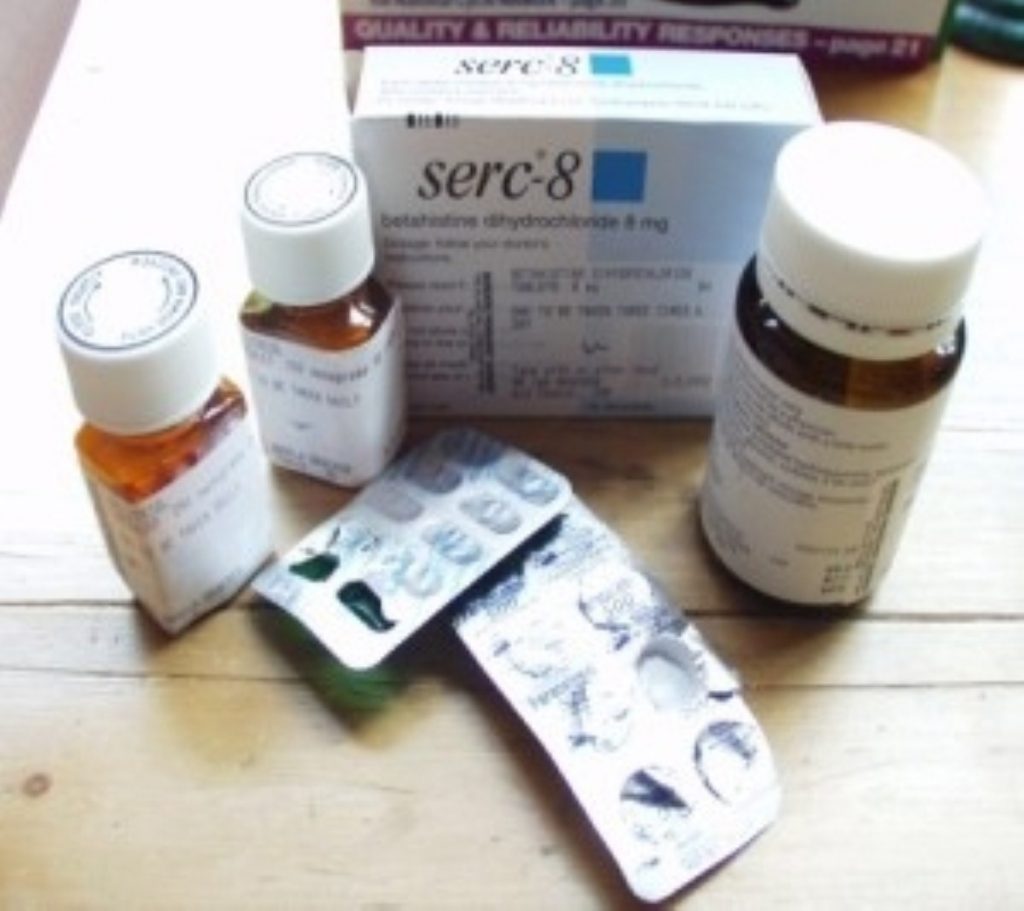Cancer ‘smart pill’ approved
Government advisers have today endorsed the use of a ‘smart pill’ for treating advanced forms of cancer, offering patients more control over their treatment.
The National Institute for Clinical Excellence (NICE) has issued guidance recommending the use of the drug, capecitabine, to treat advanced forms of breast and bowel cancer.
Patients and cancer charities are likely to welcome the guidance, which all health authorities are expected to adopt, because it empowers patients.
Not only does NICE stipulate that the decision relating to which medicine should be taken should be made jointly by the patient and the doctor, but the treatments recommended could signal fewer hospital visits.


Capecitabine – better known by its brand name Xeloda – is described as a ‘smart pill’ because, unlike other drugs, it only targets cancer cells and avoids healthy tissue.
This results in fewer side effects than traditional chemotherapy drugs, which often cause collateral damage by hitting healthy cells and causing well-known side effects such as hair loss and nausea.
‘Smart pill’ alternatives to conventional treatments are already licensed for use in Britain and patients using capecitabine report far fewer side effects, the most common being tingling in hands and feet.
The endorsement from the Government watchdog tasked with vetting new medicines is likely to mean a massive increase in the use of such drugs.
NICE recommends that the drug be used on its own or in combination with docetaxel in cases where the first choice treatment for breast cancer patients has failed.
It recommends that the drug, used with two others – tegafur with uracil – should be considered alongside other treatments as a first line treatment of bowel cancer.
It also stipulates that oncologists specialising in the specific cancer should oversee treatment.
Anne-Toni Rodgers, Corporate Affairs Director and Executive Lead for these appraisals said: ‘Breast and bowel cancer are two of the most common cancers, affecting around 33,000 and 31,000 people each year respectively.’
‘Today’s guidance sits alongside existing NICE guidance on the use of drugs to treat these conditions and improves the options available to people with cancer. We are now combining a number of these recommendations on medicines for cancer with the development of wider clinical guidelines covering the treatment and care of people with cancer.’












